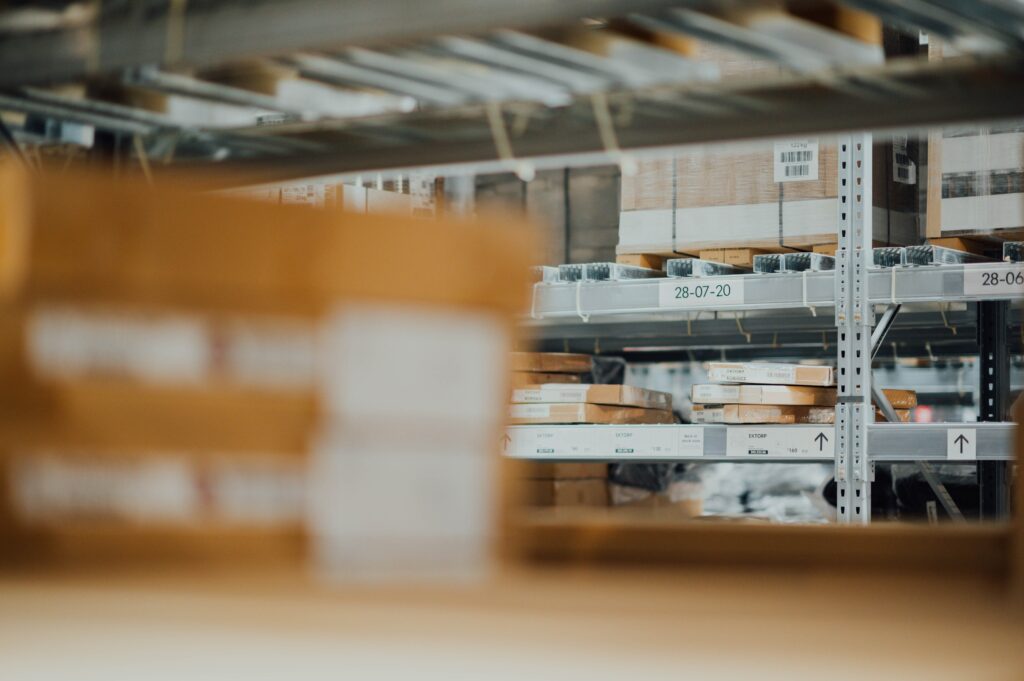
Posted 20th June 2019
Research by delivery company Doddle and YouGov has shown that 43% British consumers would consider shopping with a rival retailer if they offer sustainable delivery options.
Age played a key role in the responses of participants, as 56% of 18-24-year-old shoppers would be persuaded to shop with a competitor who offered more sustainable fufilment , to complete and deliver orders, compared to 43% overall. 53% of young people are also planning to use direct home delivery less in future.
A significant rise in sustainable purchasing has been noted in the last few years, the dawn of online shopping has crippled the high street, which has its own challenges and damaging effects on the wellbeing on the UK work force, as we discussed in our recent blogpost here[ . A lot of large retailers focusing solely on an online presence, such as ASOS and Boohoo, have come under fire for their delivery methods, encouragement of fast fashion practices and treatment of workers.
Citizens in the UK are 64 times as likely to die of air pollution as those in Sweden and twice as likely as those in the US., according to World Health statistics Monitoring Health for the SDGs, WHO, 2017), so something needs to change and soon. Part of the conversation around this is the sheer volume of delivery vehicles on our roads, partly due to high amount of fast fashion websites offering extremely low priced clothing.
The Mayor of London, Sadiq Khan, is working on an initiative to encourage Londoners to utilise click and collect options to reduce congestion on the capital’s roads. According to the Greener Journeys: Tackling Pollution & Congestion Report in June 2017, referenced by Doddle, congestion in the UK’s largest cities is a massive 14% worse than it was five years ago. Khan has points to a 2% rise in the number of online delivery vehicles.
Khan is not alone in pushing for change. Following Khan’s announcement and more pushes for change, 66% of Londoners stated they will increase their future use of click and collect, with 10% saying they will exclusively use click and collect. 50% of consumers say that in the future they’d like to only support retailers that offer a wide range of sustainable delivery options, with 60% of respondents aged 18-24 years-old believing this, contrasted to 43% of 45-54-year-olds. There is also a gender split, with sustainable delivery options being more important to women than men, with 52% of women agreeing to the above scenario, and only 46% of men.
Tim Robinson, CEO of Doddle, said: “As shoppers continue to become more environmentally conscious, retailers need to mirror this in their offer. While convenience remains important for customers, it’s not enough for sustainable delivery to be an add-on or afterthought anymore – in an already tough environment, it will set brands apart in their battle for customer loyalty.”
Whilst it would be ideal for awareness of these issues to be much higher, it’s astounding to see that environmental sustainability is at the forefront of many consumers’ minds, and that sustainability and societal effects can supersede brand loyalty. A shift is beginning to happen, particularly with the younger generation where consumers are embracing the challenge of saving the planet, and increasing wellbeing themselves. They are using their purchasing power to pressure corporations into these considerations too.
At Social Value UK we are working on a campaign to show the changing attitudes of consumers and the public, and to reflect this in the accounting practice. It’s easy to place the burden of sustainability on consumers and the general public, without recognising that the top polluters on the planet are huge corporations. Therefore, we’re working to change the basis of financial accounting to include, in monetary terms, the impact business activities have on the environment and people’s wellbeing. Find out more here.
Read Doddle’s full research piece.
